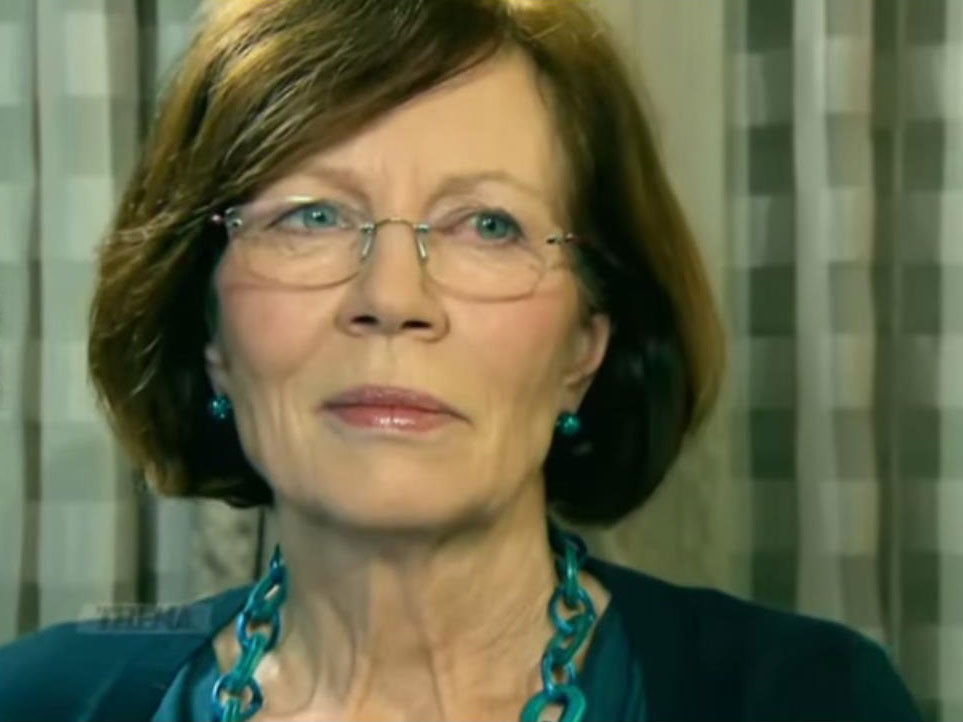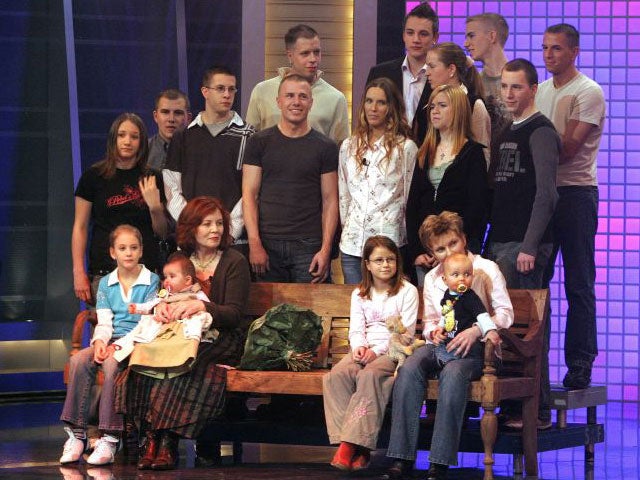Annegret Raunigk: 65-year-old German woman gives birth to quadruplets after IVF
The birth provoked controversy in Germany, where the procedure used is illegal

Your support helps us to tell the story
From reproductive rights to climate change to Big Tech, The Independent is on the ground when the story is developing. Whether it's investigating the financials of Elon Musk's pro-Trump PAC or producing our latest documentary, 'The A Word', which shines a light on the American women fighting for reproductive rights, we know how important it is to parse out the facts from the messaging.
At such a critical moment in US history, we need reporters on the ground. Your donation allows us to keep sending journalists to speak to both sides of the story.
The Independent is trusted by Americans across the entire political spectrum. And unlike many other quality news outlets, we choose not to lock Americans out of our reporting and analysis with paywalls. We believe quality journalism should be available to everyone, paid for by those who can afford it.
Your support makes all the difference.A 65-year-old woman has given birth to quadruplets in Germany, bringing her total number of children to 17.
Annegret Raunigk gave birth to a girl called Neeta and three boys, named Dries, Bence and Fjonn, by caesarean section at a hospital in Berlin on Tuesday.
The babies weighed between 1lb 7oz and 2lb 2oz each, Germany’s RTL television reports.
Despite being born prematurely at 26 weeks, doctors say they have a “good chance” of surviving and their mother is well.

Ms Raunigk already had 13 children from five fathers, ranging in age from 10 to 44. She has seven grandchildren.
Her latest pregnancy had been criticised by doctors, who questioned whether her body would be able to bear the strain of more children.
It also sparked huge debate in Germany over whether mothers should use IVF to have children so far beyond natural child-bearing age.
Ms Raunigk had to travel abroad to have donated, fertilised eggs implanted in a procedure that is illegal in Germany.
The teacher told Bild newspaper last month that she decided to have another child because her youngest daughter wanted a younger brother or sister.
“(Doctors) can see it how they want to, and I'll see it the way I think is right,” she added.
Ms Raunigk is thought to be the oldest woman in the world to give birth to quadruplets.
Claims of the oldest women ever to give birth are contested between Maria del Carmen Bousada Lara, who had twins at the age of 66 in Spain in 2006, and Omkari Panwar, who was reportedly 70 when she gave birth to twins in India in 2008.
Additional reporting by AP
Join our commenting forum
Join thought-provoking conversations, follow other Independent readers and see their replies
Comments